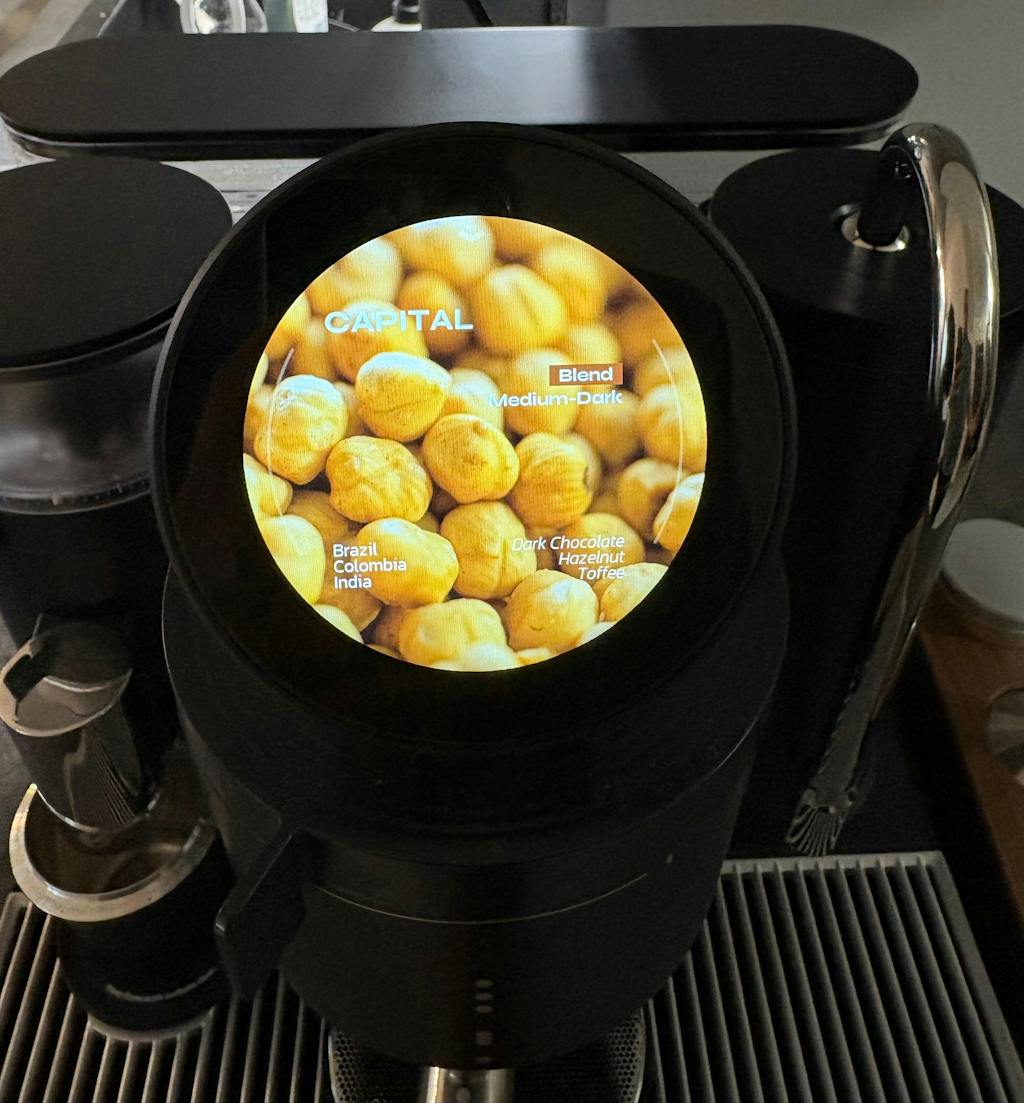Unlock the Secrets: Mastering the Art of Professional Espresso Machines!
In the ever-evolving world of coffee, professional espresso machines hold a pivotal role, providing the backbone for countless cafes and baristas committed to delivering high-quality espresso-based drinks. As coffee enthusiasts increasingly gravitate towards lattes, cappuccinos, and other espresso-infused creations, understanding the nuances of these machines becomes essential. Proper knowledge and skills in operating a professional espresso machine can dramatically enhance the quality of the beverages produced, ensuring that each cup is as delicious as the last. This article will delve into the features, uses, and maintenance of professional espresso machines, guiding you through the essential aspects to elevate your coffee experience.

Understanding Professional Espresso Machines
A professional espresso machine is a specialized piece of equipment designed to brew espresso at a high level of proficiency. Unlike home models, which may prioritize convenience over performance, professional machines are built with robust components to withstand the demands of high-volume usage. Key elements of these machines include a powerful pump that generates the necessary pressure, a boiler system that maintains consistent water temperature, and multiple group heads that allow for simultaneous brewing. Understanding the technology behind espresso extraction is crucial; the process involves forcing hot water through finely-ground coffee at high pressure, which is what produces the rich flavor and creamy consistency that espresso is known for. This intricate design and functionality make professional espresso machines indispensable in delivering exceptional coffee experiences.
Key Features of Professional Espresso Machines
When choosing a professional espresso machine, several key features should be taken into consideration. Firstly, the type of boiler plays a significant role—single boilers, heat exchangers, and dual boilers each offer different pros and cons in terms of temperature stability and brewing efficiency. Pressure controls are also vital; machines with adjustable pressure settings allow baristas to fine-tune their extraction for optimal flavor. Additionally, the group head design impacts the distribution of water over the coffee grounds, which is crucial for an even extraction. Durability is another critical aspect; a well-built machine using high-quality materials will withstand the rigors of daily use and require less frequent repairs. Understanding these features will help you select a machine that not only meets your needs but also enhances the quality of the espresso produced.
How to Use a Professional Espresso Machine
Operating a professional espresso machine can seem daunting, but with the right approach, it becomes an enjoyable craft. Start by preparing your workspace: ensure your machine is clean, and gather all necessary tools, such as a grinder, tamper, and scale. Begin by grinding fresh coffee beans to the appropriate fineness; a finer grind typically yields a stronger flavor. Next, dose the ground coffee into the portafilter, using the tamper to compress the coffee evenly. Lock the portafilter into the machine and initiate the extraction process, monitoring the brew time and watching for the perfect espresso crema. Finally, serve the espresso promptly, as freshness is key to flavor. To achieve the best flavor extraction, it’s essential to experiment with grind size, tamping pressure, and brew time, adjusting each variable until you find the ideal balance. Personal anecdotes from friends who have mastered this art often reveal that practice and patience are the true keys to success.
Maintenance and Care for Longevity
Additionally, regular maintenance is crucial for the longevity of professional espresso machines. Cleaning not only helps combat common coffee buildup but also enhances the flavor of the brewed coffee. Daily upkeep includes emptying the drip tray, purging the group heads, and wiping down surfaces to prevent mineral deposits from affecting performance. Depending on usage, descaling may need to be done monthly or quarterly to ensure optimal water quality. It’s essential to track these maintenance routines to keep the espresso machine in top condition and serve customers the best quality beverages. Investing time in proper care will not only extend the life of the machine but also improve the overall coffee experience.
Enhancing Your Espresso Experience
In summary, mastering the art of using a professional espresso machine requires a blend of understanding its features, proper usage techniques, and diligent maintenance. By familiarizing yourself with the components and functions of these machines, you can significantly improve your espresso-making skills and enjoy a superior coffee experience. Whether you are a café owner or a passionate home barista, the knowledge gained from this article will undoubtedly enhance your journey in the world of espresso. Embrace the challenge, apply your newfound knowledge, and savor the rich, complex flavors that only a well-crafted espresso can offer!







